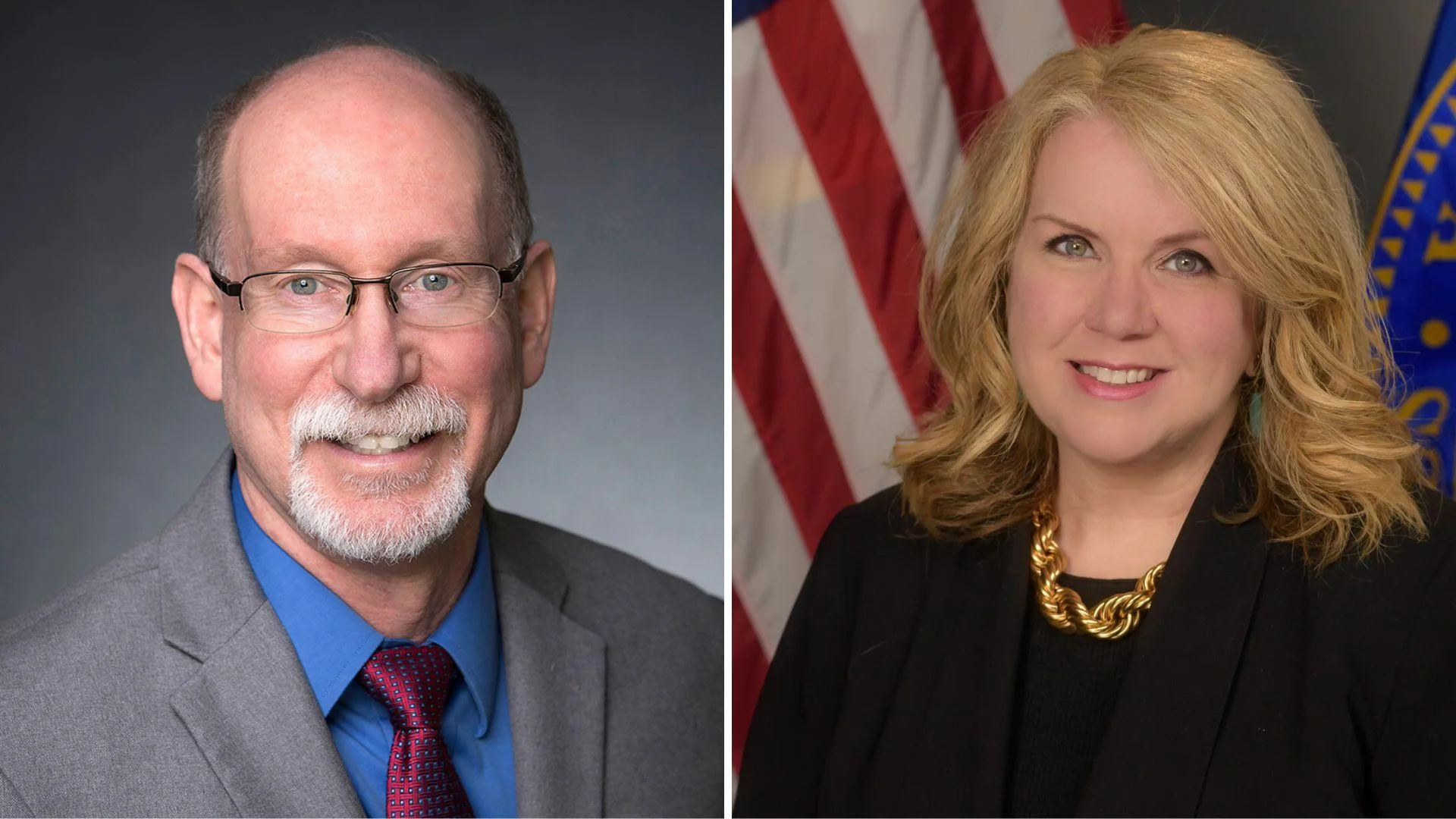Scott B. Sellinger, MD, president, Large Urology Group Practice Association, left, and Carole Johnson, administrator, Health Resources and Services Administration | LUPGA.org / HRSA.gov
Scott B. Sellinger, MD, president, Large Urology Group Practice Association, left, and Carole Johnson, administrator, Health Resources and Services Administration | LUPGA.org / HRSA.gov
The Large Urology Group Practice Association (LUGPA) said the federal 340b drug discount program needs more “transparent reporting and oversight.”
At least 88 Georgia hospitals participate in 340b, according to 340bHealth.
“Transparency in the 340b Program is critical to ensuring that savings benefit patients, not just profits,” LUGPA posted on X. “We need more transparent reporting and oversight to make sure these discounts directly support patient care.”
LUGPA represents independent urology practices in the United States, providing advocacy, resources, and education for urology groups. The organization’s members include more than 150 urology practices, encompassing more than 2,000 urologists.
Established in 1992 and administered by the Health Resources and Services Administration (HRSA), the 340b program aims to provide financial relief to healthcare providers serving vulnerable populations, allowing them to stretch their scarce resources and reach more eligible patients.
Hospitals participating in the 340b program can use the savings to fund essential services and programs, such as free or low-cost medication assistance, expanded access to healthcare, and community outreach initiatives.
Participating hospitals, however, “often extend their 340b discounts to clinics in well-off communities, where they can charge privately insured patients more than those on Medicaid,” reported the Wall Street Journal.
“In some cases, the program appears to be bolstering profits in well-off areas more than it is underwriting services in less-privileged neighborhoods,” said the Journal article.
An analysis earlier this year by Dan Crippen, the former director of the Congrssional Budget office, estimated the 340b program reduces state and local tax revenues by $3.5 billion annually, on top of reductions in federal tax revenue
"Even at current levels, the 340b Program results in a large transfer of taxable income to non-profit entities," Crippen wrote. "As a result, last year alone, federal and state tax revenues were reduced by as much as $17B."
"The value of the 340b discounts is estimated to be $70 billion last year alone," said Crippen. "When state and local taxes are included in the calculation, the average combined tax rate for pharmaceutical manufacturers is roughly 25 percent. The addition to the tax rate results in a possible reduction of state and local tax revenue by $3.5B per year."
U.S. Reps. Larry Bucshon, MD (R-IN-08), Buddy Carter (R-GA-01), and Diana Harshbarger (R-TN-01) introduced the 340B Affording Care for Communities and Ensuring a Strong Safety-Net Act (340B ACCESS Act) in May 2024.
That bill, which is not expected to pass in the current congressional session,l would add new requirements for transparency and eligibility to protect 340B patients. The legislation provides a clear definition of which patients are 340B eligible as well as a detailed list of requirements for hospitals to be eligible for participating in the 340B program.






 Alerts Sign-up
Alerts Sign-up